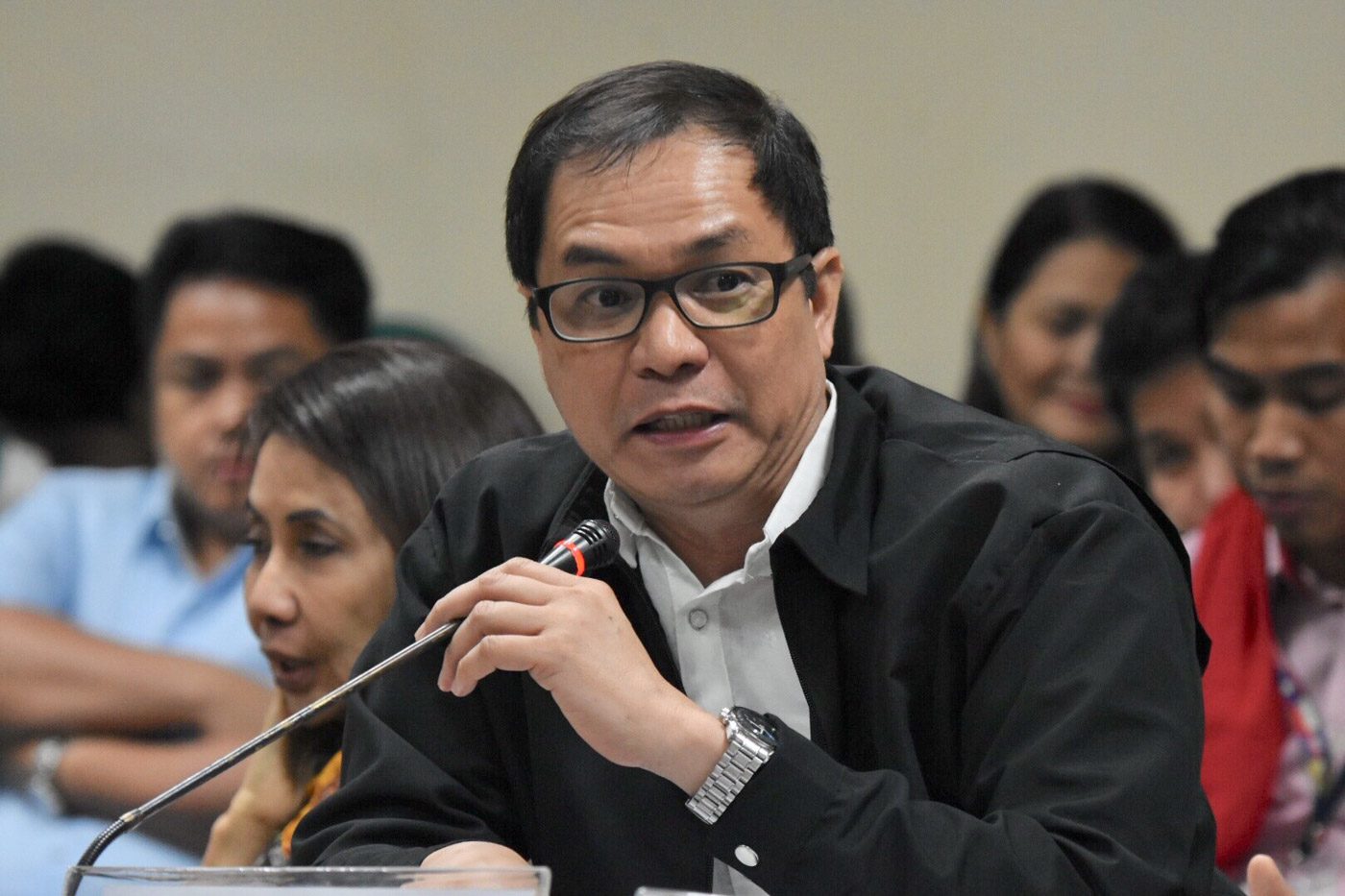SUMMARY
This is AI generated summarization, which may have errors. For context, always refer to the full article.

MANILA, Philippines – Amid concerns over the abuses suffered by overseas Filipino workers (OFWs) in Kuwait, Philippine officials said in a Senate hearing on Wednesday, February 21, that the Gulf country was found to be only “partially compliant” with labor laws.
“They were rated as partially compliant, because they still entertained the cases we have been filing. They were not absolutely [non-compliant], because there is some form of cooperation with them,” said Department of Foreign Affairs (DFA) Undersecretary Ernesto Abella.
Despite the classification, the Philippine government still deployed Filipinos to Kuwait in the past.
The Philippine Overseas Employment Administration (POEA) explained that “partial compliance,” as certified by the DFA, still allows the deployment of Filipino workers.
“Before the POEA allows deployment of workers to other countries, there must be a certification from DFA that said country is labor-compliant,” POEA Administrator Bernard Olalia said.
“We only get the go signal from the DFA. If [the country] is partially compliant, the rules allow us to deploy.”
Wednesday’s hearing by the Senate committee on labor, employment, and human resources was prompted by the death of Filipino domestic helper Joanna Demafelis, whose remains were found in a freezer in an apartment in Kuwait.
There have been 196 recorded deaths of OFWs in the Gulf country since 2016, according to Philippine labor officials, with 79% of deaths due to medical reasons or natural causes.
Abella added that some 6,000 cases of abuse, sexual harassment, and rape were filed with the Philippine embassy in 2017.
‘Like slaves’
Senator Joel Villanueva, the committee chairperson, asked the Department of Labor and Employment (DOLE) whether OFWs are briefed on the kind of working environment they will encounter once they arrive in Kuwait.
Labor Secretary Silvestre Bello III said 6 hours of pre-departure orientation are not enough to brief OFWs. He alleged that some agencies even engage in deceitful practices, such as providing only 30-minute orientation sessions.
This, he said, keeps OFWs from understanding the culture of the country they are about to be sent to, and from fully knowing their rights.
Villanueva also pointed out that the Kuwaiti government did not sign or has not ratified any international convention on protecting migrant workers.
Kuwait practices the kafala system, a sponsorship system in the Middle East which prohibits workers from leaving the country without the consent of their employers. (READ: OFW in Kuwait executed while asserting innocence)
“The sponsor becomes the ‘owner’ of the [household service worker] (HSW) in the concept of chattel. [They are] a slave essentially… Just to clarify, it manifests in slave labor conditions such as no days off, no food, two to 4 hours of sleep daily, and maltreatment,” Abella said.
Presidential Adviser on OFW and Muslim Concerns Abdullah Mama-O also said the additional protection sought for OFWs in Kuwait should include concerns over the the kafala system.
“In the Middle East, there’s non-applicability of labor laws. When these are not applicable, the workers are not protected. If we are to continue [deploying], this kafala system should be out,” he said.
Negotiations
Bello also said Labor Attaché Alejandro Padain, Assistant Labor Attaché Lily Pearl Guerrero, and Welfare Officer Sarah Concepcion would be investigated for possible negligence.
The 3 officials were issued recall orders following the rising number of deaths and cases of abuse in Kuwait.
The Philippines is also sending a delegation to Kuwait on Thursday, February 22, to discuss the demands of the Philippine government for Filipino workers.
These demands include that Filipinos be allowed to keep their cellphones, passports, and other travel documents which were confiscated by employers who invoked the kafala system.
The DOLE had issued a total ban on the deployment of Filipino workers to Kuwait on February 12. (READ: Duterte lashes out at Kuwait over mistreatment of Filipino workers)
Bello said the decision helped fast-track negotiations on the agreement on additional protection for OFWs in the Gulf country, and that the Kuwaiti government is now willing to renegotiate the terms of protection. – Rappler.com
Add a comment
How does this make you feel?
There are no comments yet. Add your comment to start the conversation.